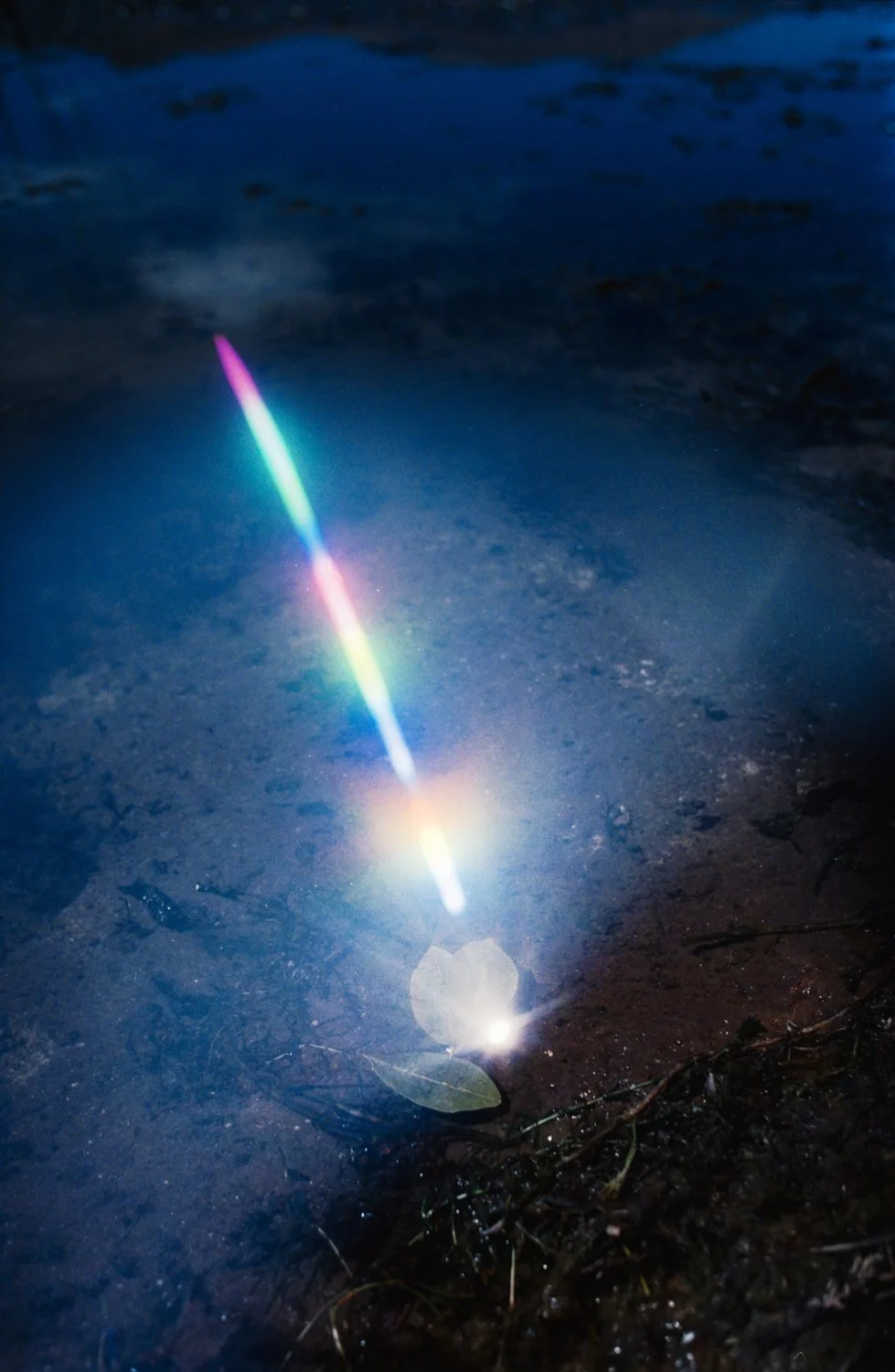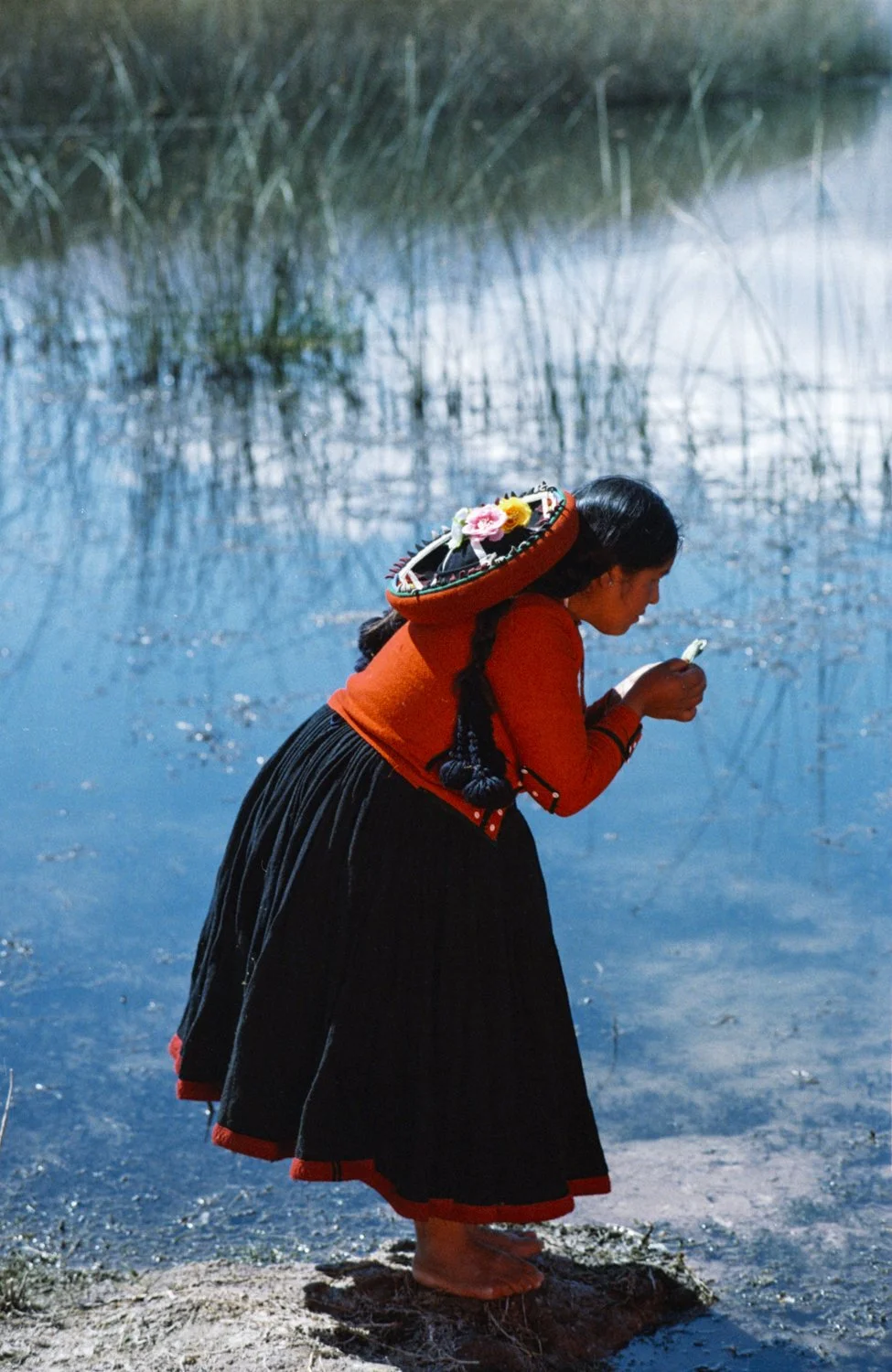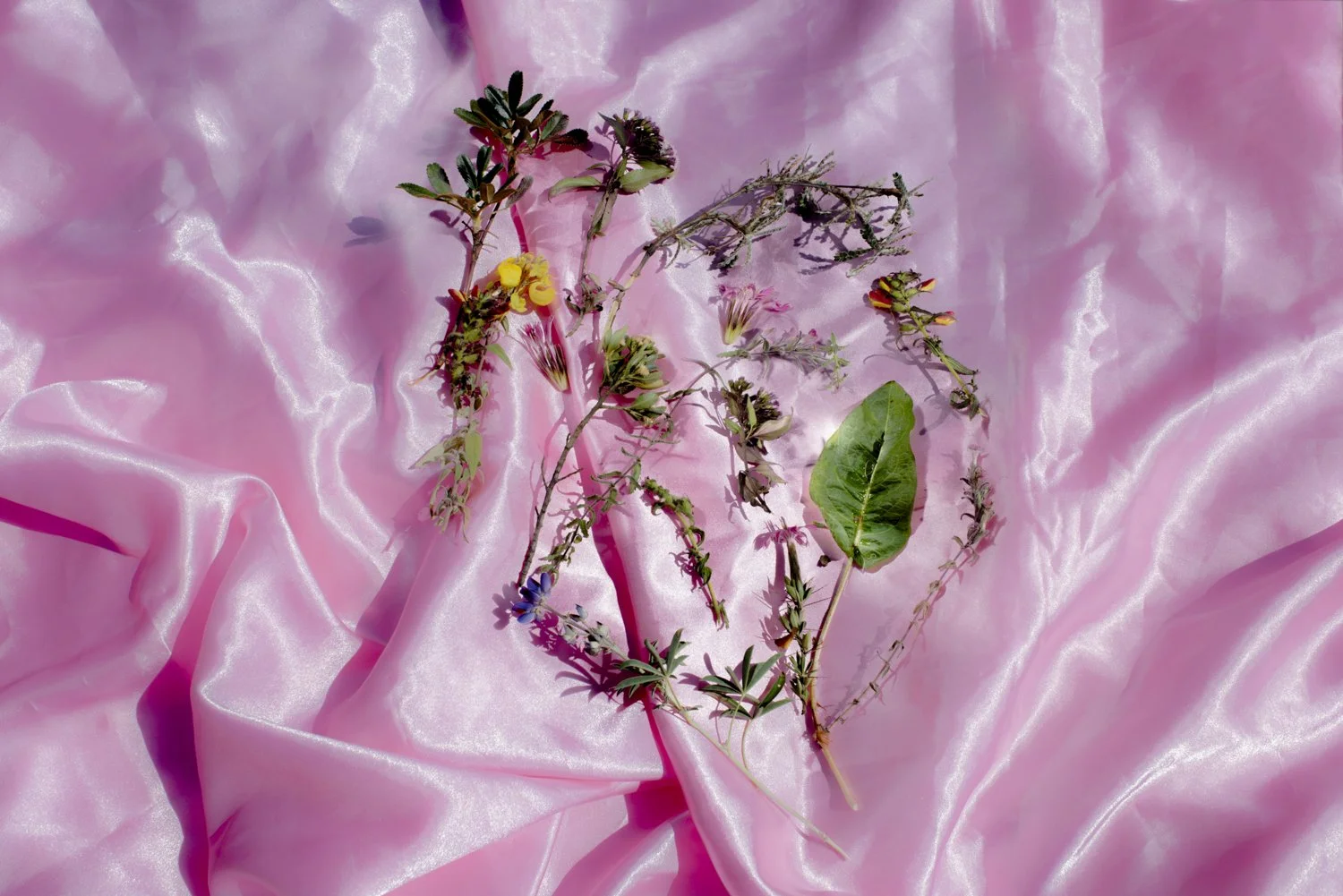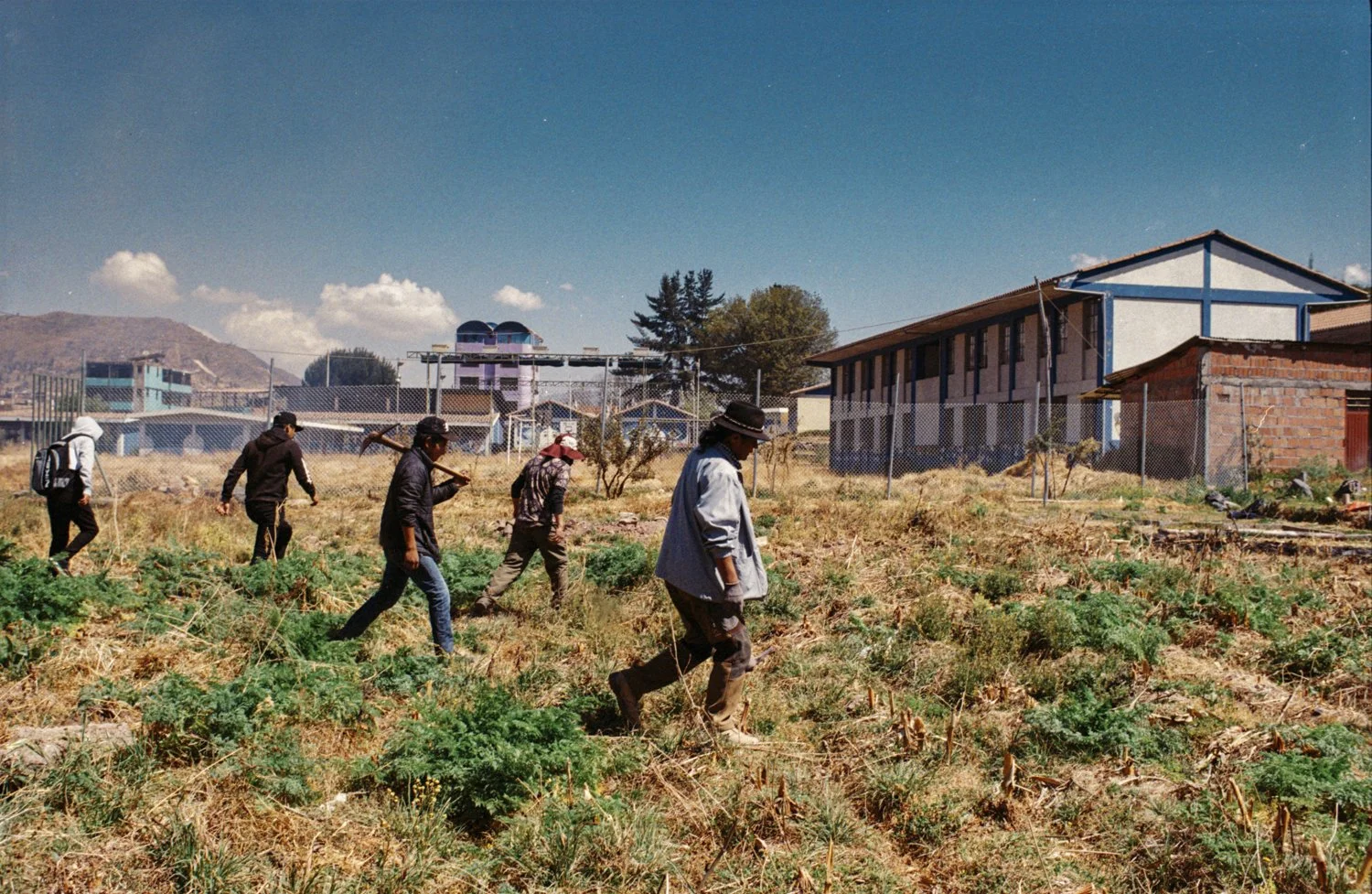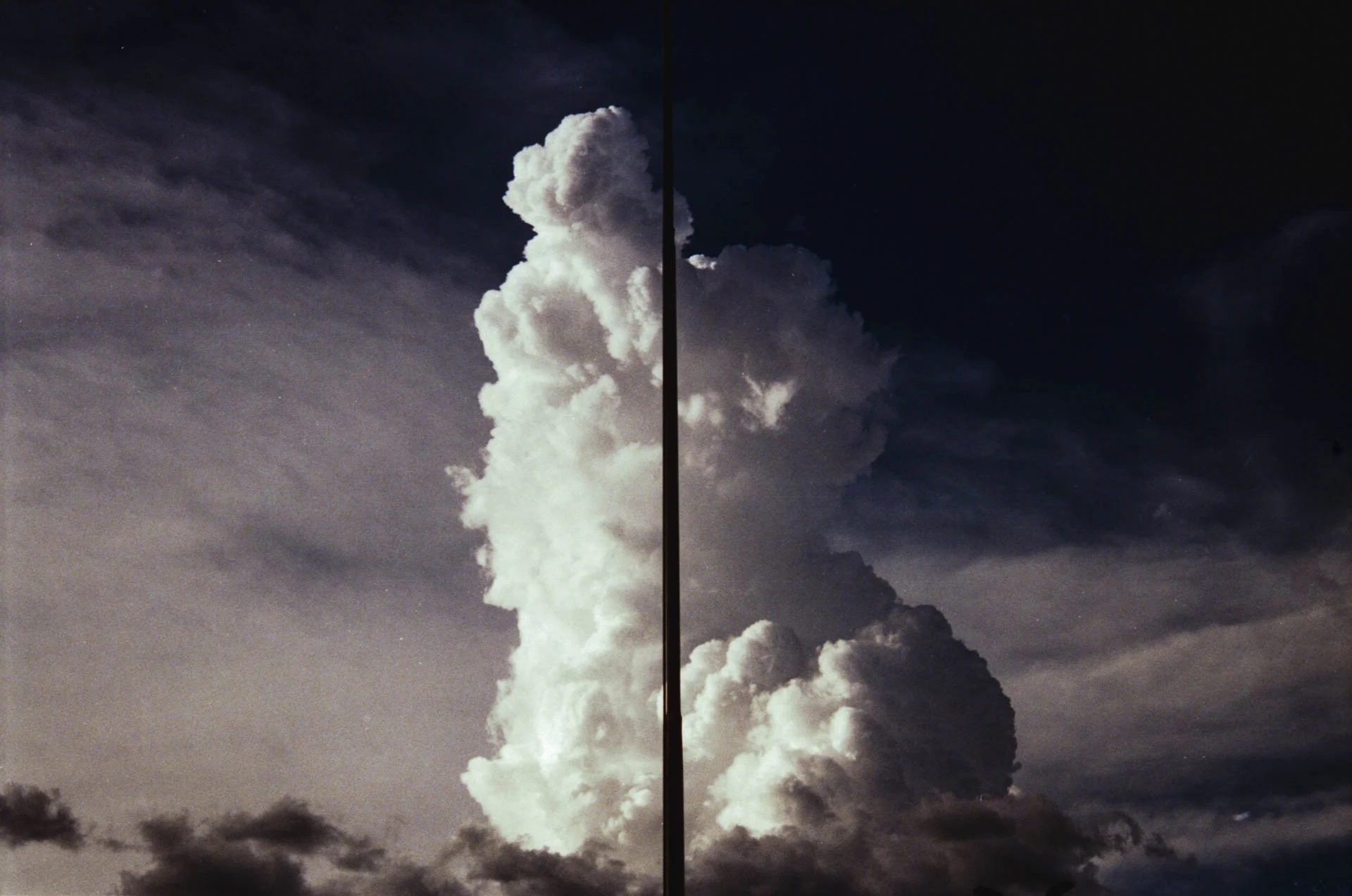comida para todos: divinidades, naturaleza y humanos
Food for Everyone: Deities, Nature and Humans
Peru stands out as one of the countries with the greatest agrobiodiversity in the world. This richness, comprising a wide variety of native and wild foods, is not only attributed to the geographical diversity of its territory but also to the tireless efforts of generations of field workers. From pre-Hispanic times to the present, these families have transformed their small crop fields into living laboratories for the adaptation and preservation of essential foods and seeds, which are crucial for the country's food security and sovereignty.
However, amidst the climate crisis and the aftermath of the pandemic, data from the FAO (Food and Agriculture Organization of the United Nations) reveals that Peru faces the highest rate of food insecurity in South America. More than half of the population is at risk of food insecurity, and anemia rates remain alarmingly high.
This crisis is particularly evident in the city where the project was carried out: Cusco. Located in the southern Andes of Peru, Cusco is one of the region's main urban centers, where tourism, mining, and agriculture serve as key economic pillars. To this day, agriculture remains the activity engaging the largest number of people, especially in the realm of family farming, which continues to face numerous challenges, many of which have been worsened by climate change.
Inspired by oral traditions and their role in preserving ancestral wisdom, Food for Everyone: Deities, Nature, and Humans takes food as a starting point to establish a sensory dialogue with individuals working on food security initiatives in Cusco. Food, as a connector among all beings, serves as a foundation to explore bonds of affection and reciprocity in the Andean world. This project includes a short film and a photographic series designed to foster a sensory dialogue about visions for the future and the bonds of care related to food sovereignty in the Peruvian Andes.
From various areas within the city of Cusco, we engage with experiences and initiatives in food sovereignty, such as water stewardship, seed preservation, knowledge of medicinal plants, rituals, preservation of traditional agricultural techniques, school vegetable gardens, and more. Through conversations, interviews, photographs, videos, collaborative writings, and other methods, the project aims to contribute to reflections on the future, emotional connections, and the role of food as a universal connector in the Andes. It invites us to collectively ask: How can we imagine the future during a time of crisis?
The project also underscores the importance of alternative storytelling in times of crisis, highlighting the value of individual and community organization in the pursuit of a hopeful future—one where diverse knowledge systems and perspectives converge.
“Now it's getting polluted,
and I'm not sure if it can provide anymore.
Even with all that dirt dumped in, it's somehow still alive.
I really hope it won’t dry up, so we can take care of it.
Without the lagoon, plants won't thrive, nor will people or animals.
I hope it never dries up.
I cherish you, I love you dearly, Piuray Lagoon.”
Rocío Cjuiro
“We always say you have to cultivate minds, but you have to cultivate soils too and you have to grow food.
From now on to the future, I think that everyone will have to grow their own food.
Because no matter how much money you have, you're not going to eat that.
Otherwise, you have to learn to grow your own food, right?”
Yesica Nina
“I would like to send a very special message to all plants:
Whether they are herbaceous, or arboreal, of any type and function
Because thanks to them in the Andean world
we have always had water, water is essential for life
We have always had oxygen,
so necessary for our existence, for our cells,
and of course for daily nutrition.”
Justo Mantilla
“Since I was little girl, I have always been taught to respect the potato,
and it makes me tender to see it..”
Soledad Secca Noa ‘Solischa’
“I would like to give a message to the seed.
And also to beg for patience.
I think my request would be that it be patient”
Alain Dlugosz
“And I think understanding the elders is so simple
because when looking at the past,
when you see it,
you can amend yourself and not make the same mistakes again,
as well as preparing the path for those who come behind...”
Jaime Araoz





